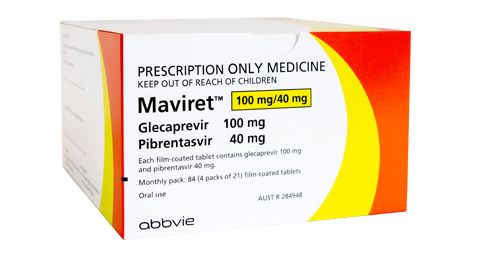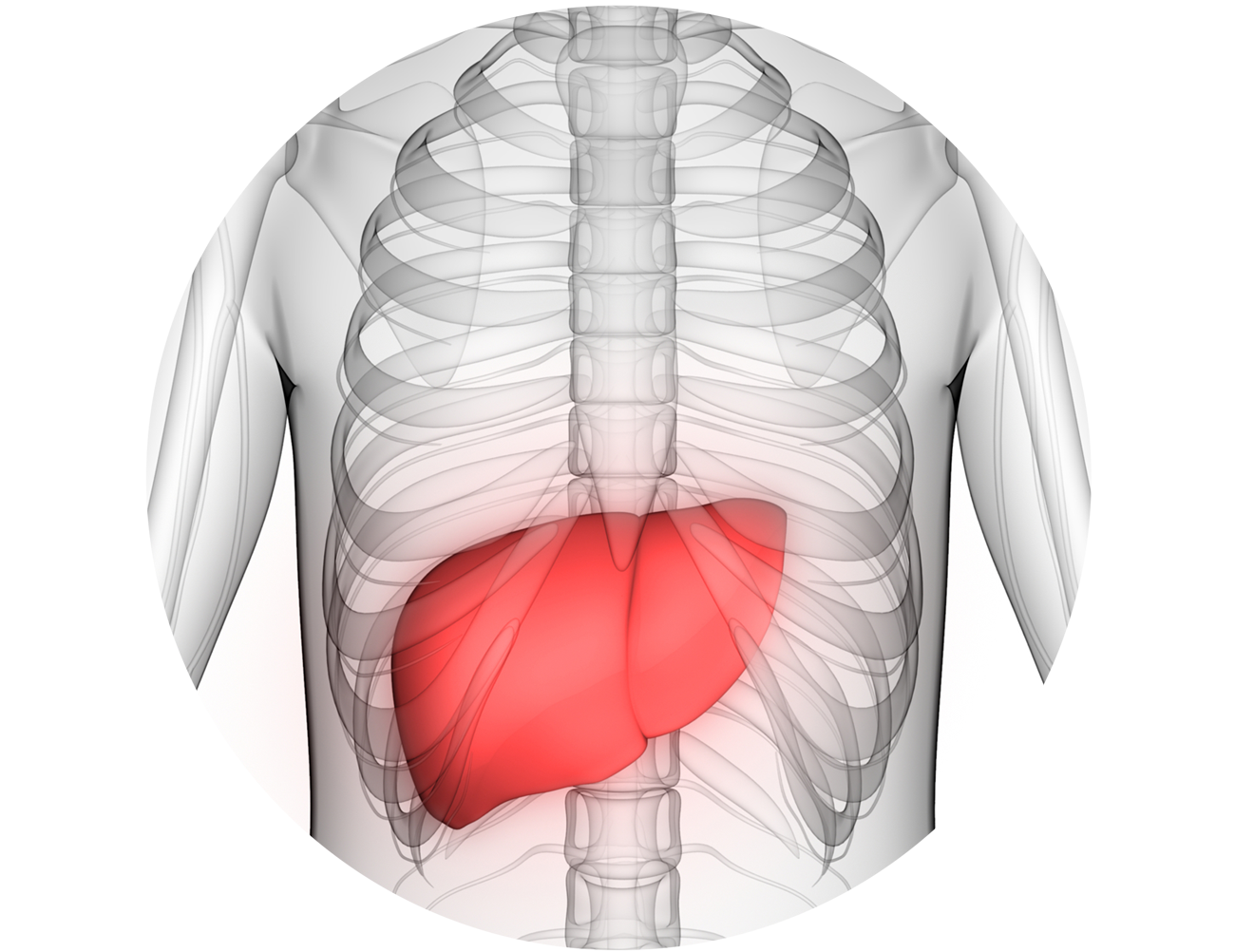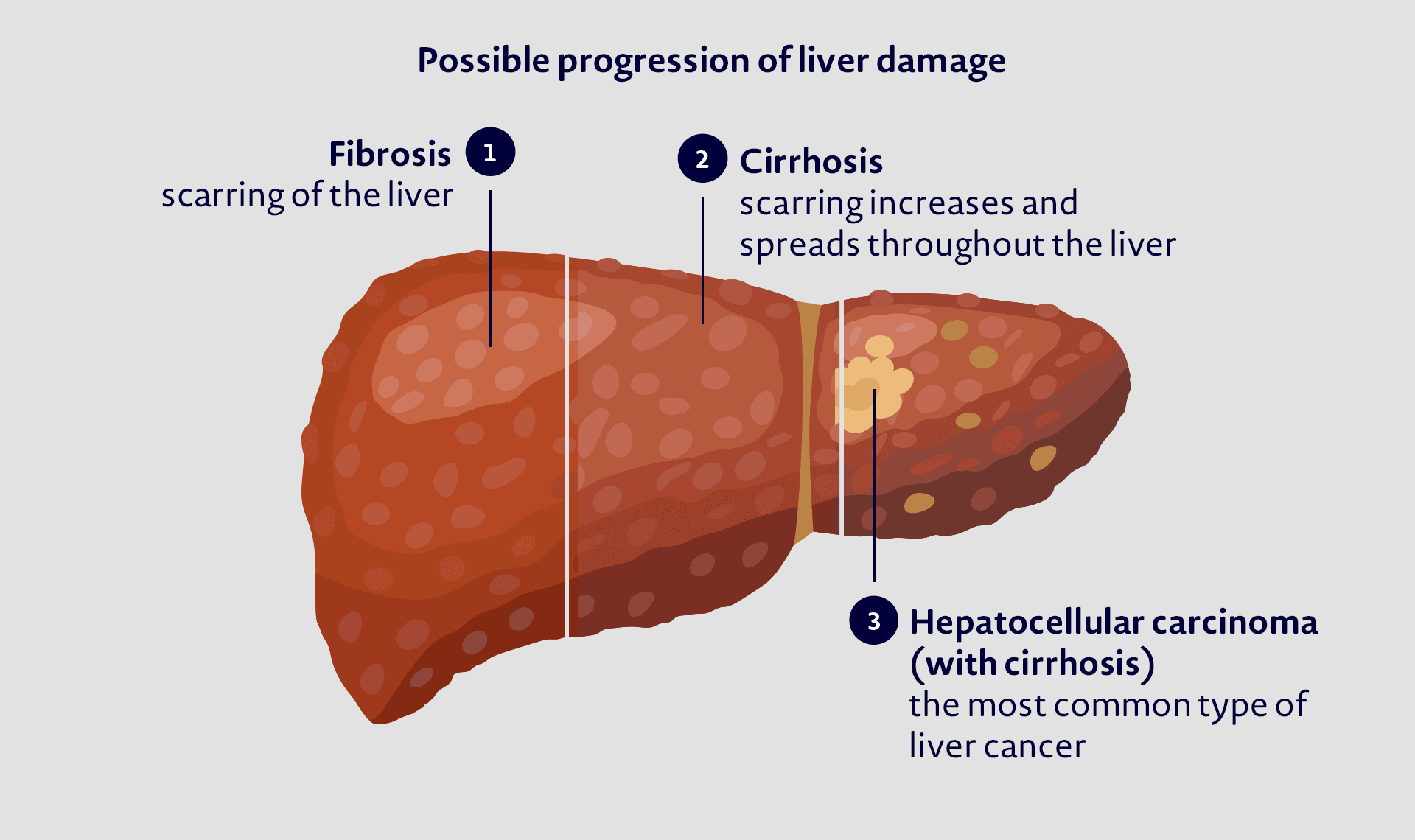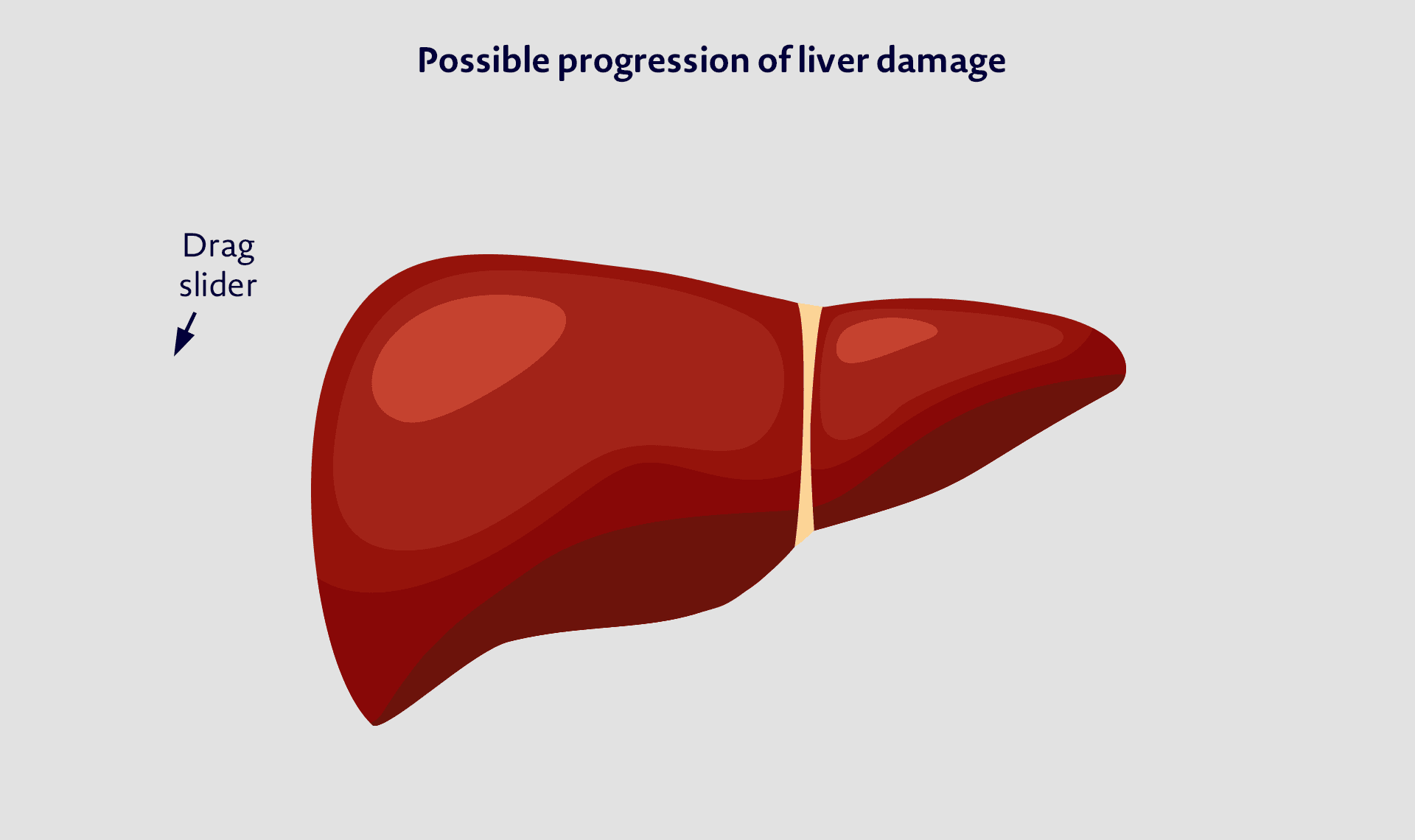What is MAVIRET?
MAVIRET is a prescription medicine used to treat adults and adolescents 12 years and older with any of the 6 major types of chronic (long-lasting) hep C.
MAVIRET belongs to a group of medicines called direct-acting antiviral agents (DAAs) and is available in tablet form.
Always take MAVIRET exactly as your healthcare professional tells you.

Hep C treatment with MAVIRET can take just 8 weeks*
MAVIRET is a tablet treatment for people with any of the 6 major types of hep C (genotypes 1-6).
Safety
The most common side effects of MAVIRET are headache, tiredness and nausea.
All medicines can have some unwanted side effects.
Most side effects are mild and don’t last long.
Find out more about the side effects related to MAVIRET.






